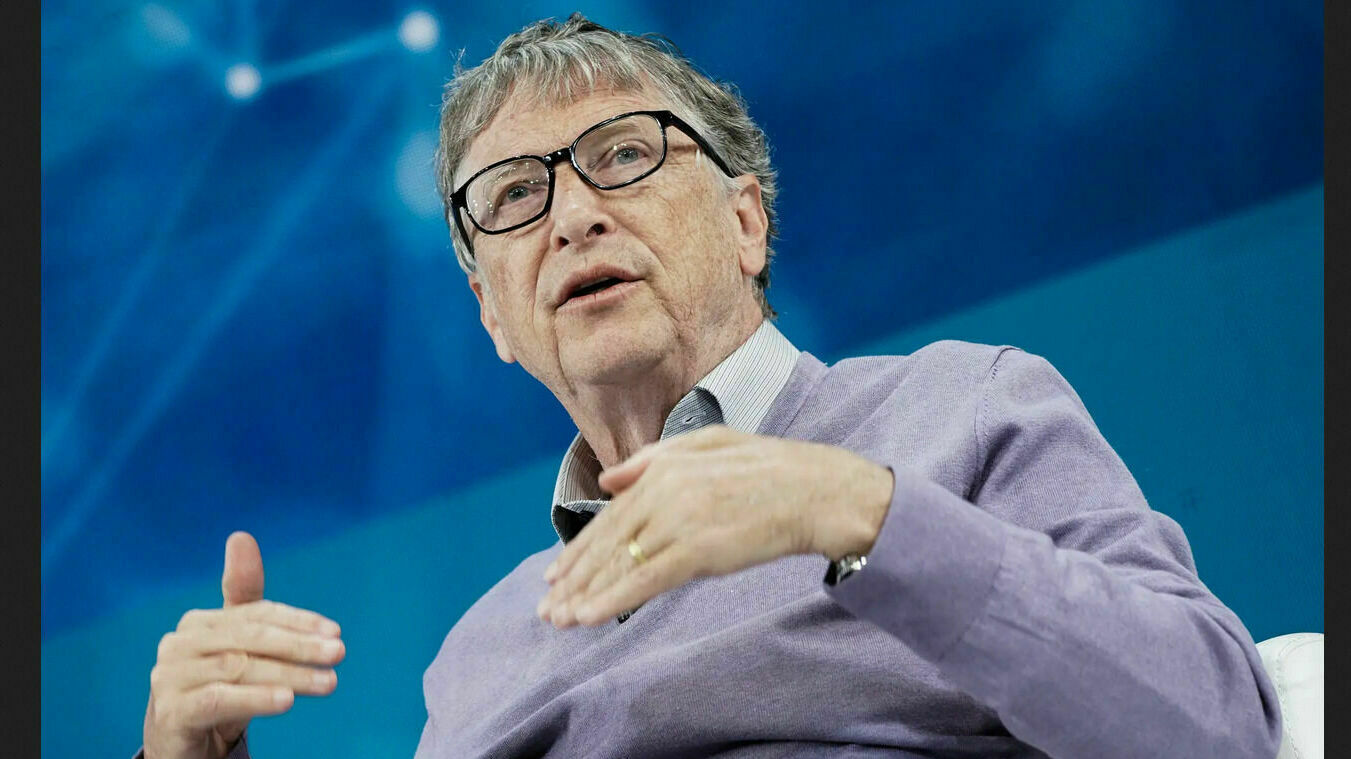Posted 22 марта 2023, 09:41
Published 22 марта 2023, 09:41
Modified 22 марта 2023, 10:53
Updated 22 марта 2023, 10:53

Bill Gates: "The era of artificial intelligence has begun"
Bill Gates has published a letter about his vision for the future of artificial intelligence called "The era of artificial intelligence has begun", - Business Insider reports. According to Gates, the development of AI is "as fundamental as the creation of a microprocessor, a personal computer, the Internet and a mobile phone".
Gates acknowledges that the creation of AI carries with it risks. On the one hand, people may begin to abuse it, on the other, the emergence of such a superintelligent and powerful AI is possible, which will "set its own goals" as technology improves. At the same time, AI can be used not only as a means of increasing labor productivity: it can help eliminate global inequality in various fields: in the workplace, in healthcare and education.
As for the workplace, AI can be used as a "digital personal assistant". For example, to integrate it into digital work tools like Microsoft Office, where it would be AI engaged in email management, including writing letters. "As computing power becomes cheaper, GPT's ability to express ideas will increasingly approach the abilities of a white–collar worker who is ready to help you with various tasks", - Gates writes.
In the field of healthcare, AI could free medical workers from time-consuming paperwork like reporting, filling out insurance, etc. This is especially important for poor countries with a shortage of doctors, many of whose residents cannot wait for medical help: delegating some AI functions would allow specialists to devote more time to direct communication with patients. It is also possible that AI could help in the treatment of patients who live away from medical institutions. AI is already being used in medicine for data analysis and drug development. At the next stage, the AI could be engaged in predicting the side effects of drugs and calculating dosage levels.
AI could also be used in agriculture, especially in poor countries, helping to develop crops suitable for the local climate and vaccines for livestock. This task is relevant because global warming increases inequality: "Extreme weather conditions and climate change are putting even more pressure on subsistence farmers in low-income countries".
According to Gates' forecast, in the next 5-10 years, AI can transform education by adapting content depending on teaching methods and the characteristics of specific students. AI could analyze what motivates a particular student, and why he loses interest, and change the program depending on this. It would be useful for teachers in planning the course and evaluating the assimilation of the topic. However, Gates notes that AI will remain only an auxiliary tool in pedagogy: "Even after the technology is perfected, learning will still depend on the personal relationship between students and teachers. It will improve—but never replace—the work that students and teachers do together in the classroom".
With the development of AI, not only students, but also teachers will have to master new technologies. Gates writes that some teachers have already adopted this and allow their students to use GPT to write a draft of an essay, which then needs to be personalized for the final version. "To make the most of this wonderful new technology, we will need to both guard against risks and spread their benefits to as many people as possible", - Gates writes.
You can read the whole letter on Bill Gates' website.